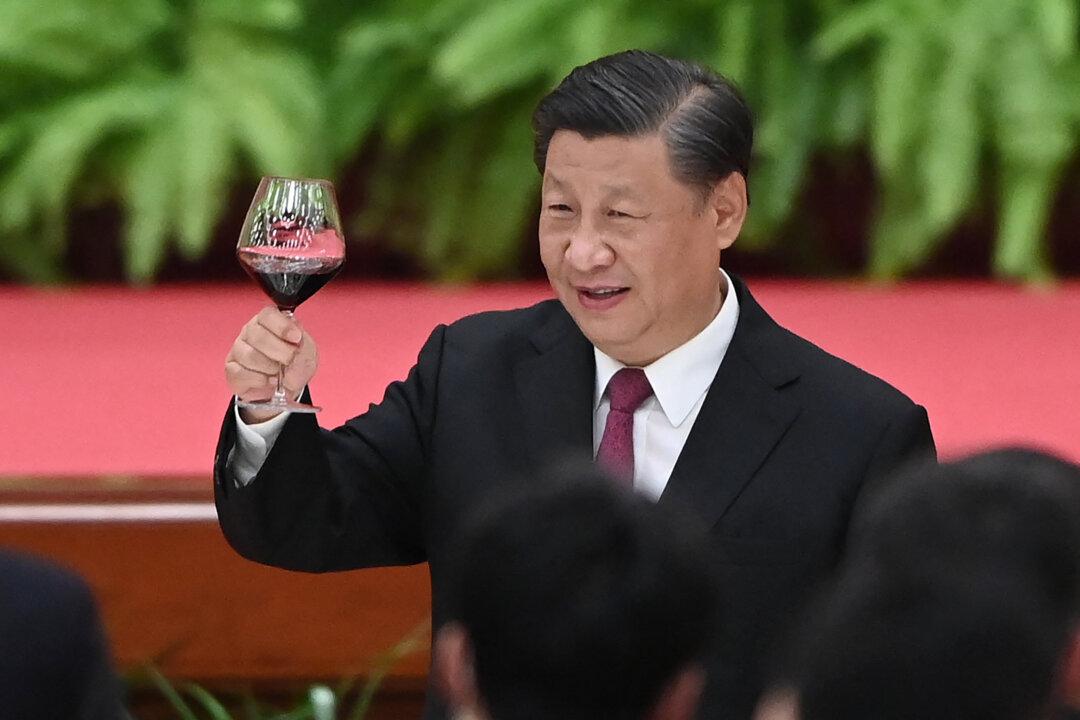The planned unveiling of a “historical resolution” at the Chinese Communist Party’s plenary session next month has elicited comparisons between Xi Jinping, the regime’s current leader, and his powerful predecessors.
From Nov. 8 to Nov. 11, Xi and other top officials will review the draft of the resolution, which according to state media will “focus on the CCP’s major achievements and historical experiences” since its founding 100 years ago in 1921.




